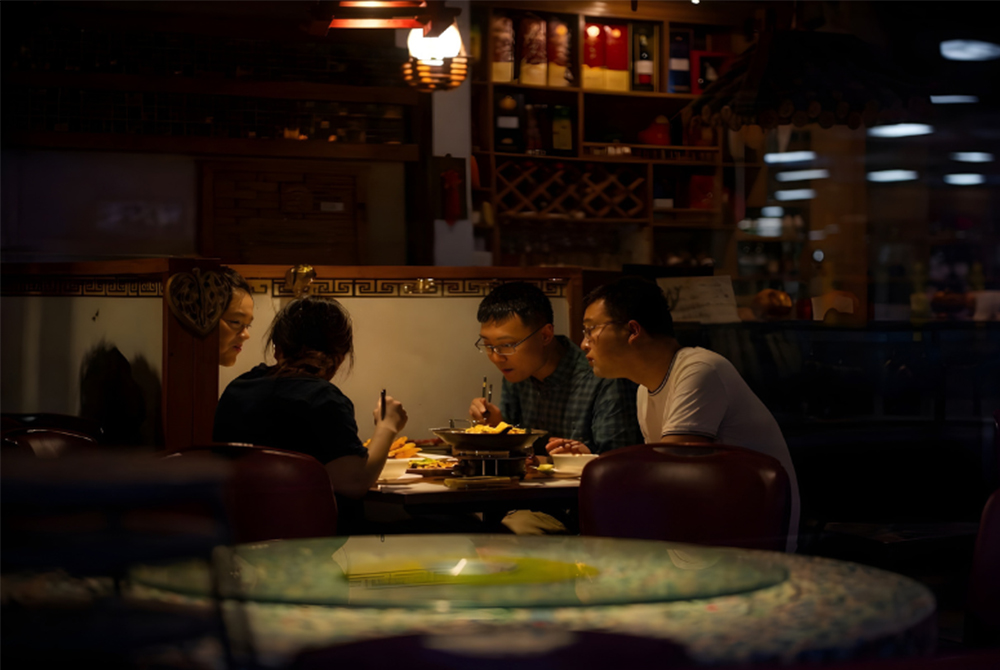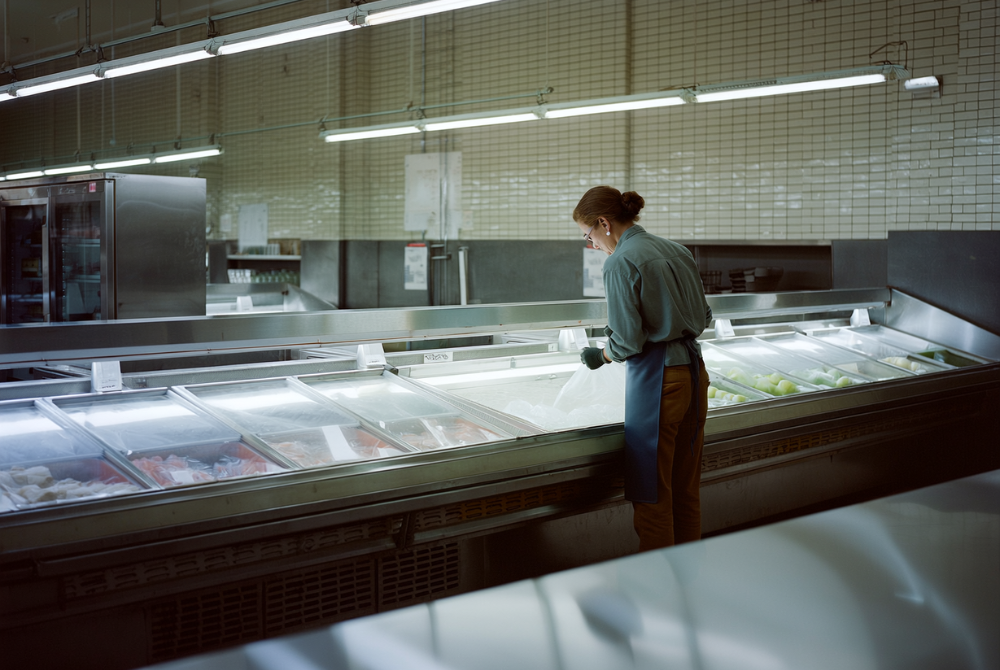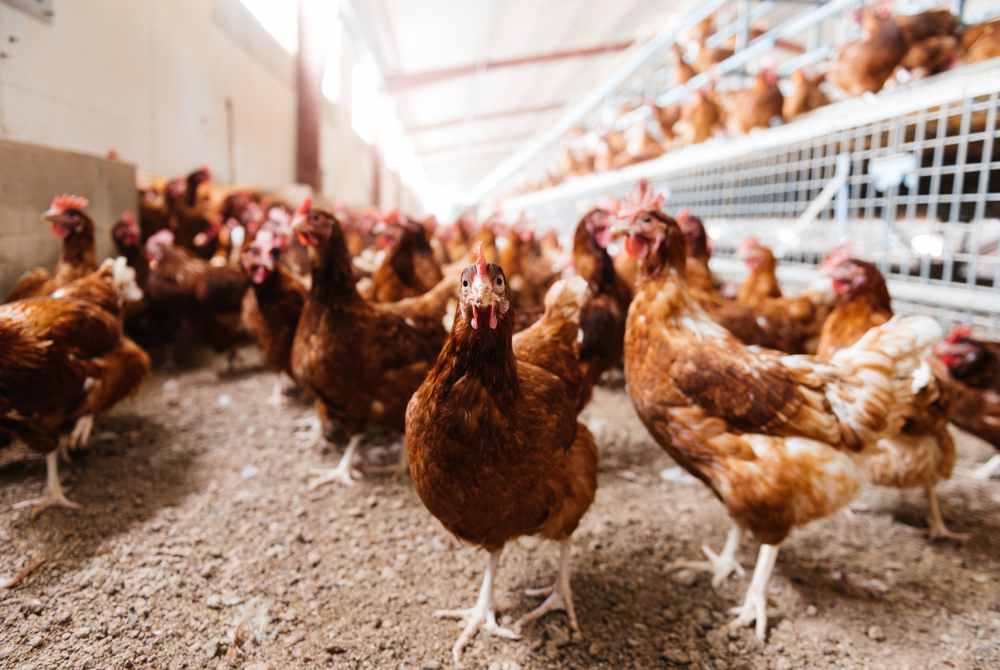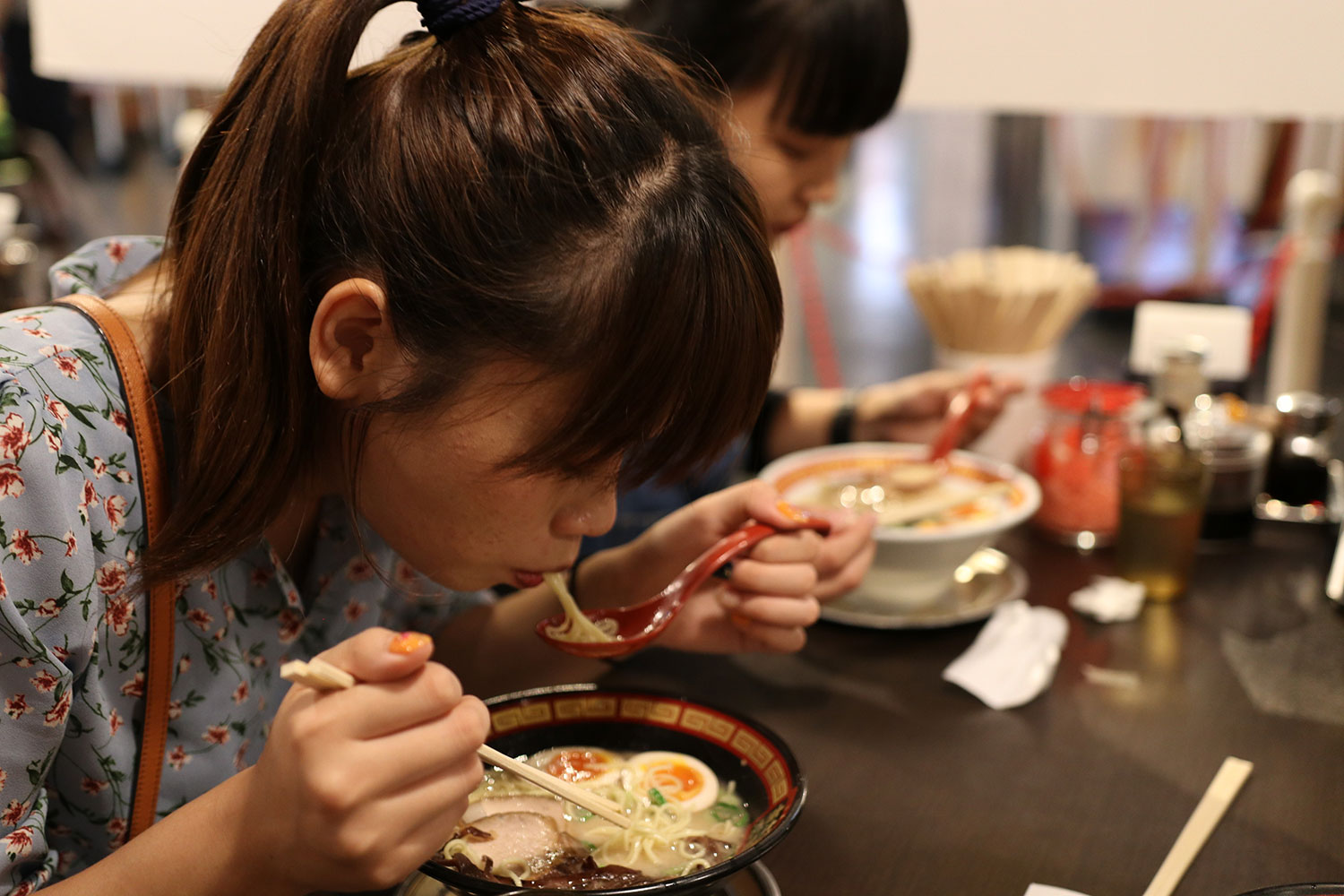November 15, 20252025年 11月 15日

Morning prep at Peijie’s flagship location in Chongqing. Steam rises from broths that draw queues before opening—the daily ritual that earned this chain its reputation as the “queue-worthy king of old-school hot pot.” By 2026, one quarter of the proteins bobbing in those pots will come from plants.
The commitment from Peijie, which operates over 30 restaurants across Chongqing, Shanghai, Shenzhen, Guangzhou, Beijing, and Hangzhou, marks China’s first major hotpot chain to establish comprehensive plant-based protein targets. A significant shift in traditional dining, built on numbers that demand attention: nearly 90% of Chinese consumers now recognize plant-based meals as healthier alternatives, while over 85% actively seek these options when dining out.
“Tradition and innovation are not mutually exclusive,” said Yan Dongsheng, Managing Director since 2013. “We aim to preserve the soul of our spicy, savory, and aromatic flavors while creating a lighter, more creative hotpot experience aligned with contemporary health values.”
The brand’s signature “Chongqing Intangible Cultural Heritage Black Sesame Tofu Pudding” exemplifies this pivot—heritage ingredients meeting modern health consciousness. The expansion continues through premium soy products, specialty mushrooms, and innovative plant-based proteins drawn from culturally significant ingredients.
Lever China spent months translating sustainability metrics into menu items. Other chains watch. In Beijing boardrooms and Guangzhou test kitchens, executives study Peijie’s announcement. The first mover in traditional dining often triggers the avalanche—what seemed impossible becomes inevitable once someone proves the market exists.
Steam continues rising, queues continue forming. Each percentage point toward that 25% target means reduced emissions, thousands of meals reimagined. Sustainable innovation and culinary tradition sharing the same pot—this is how food systems transform, one ladle at a time.








